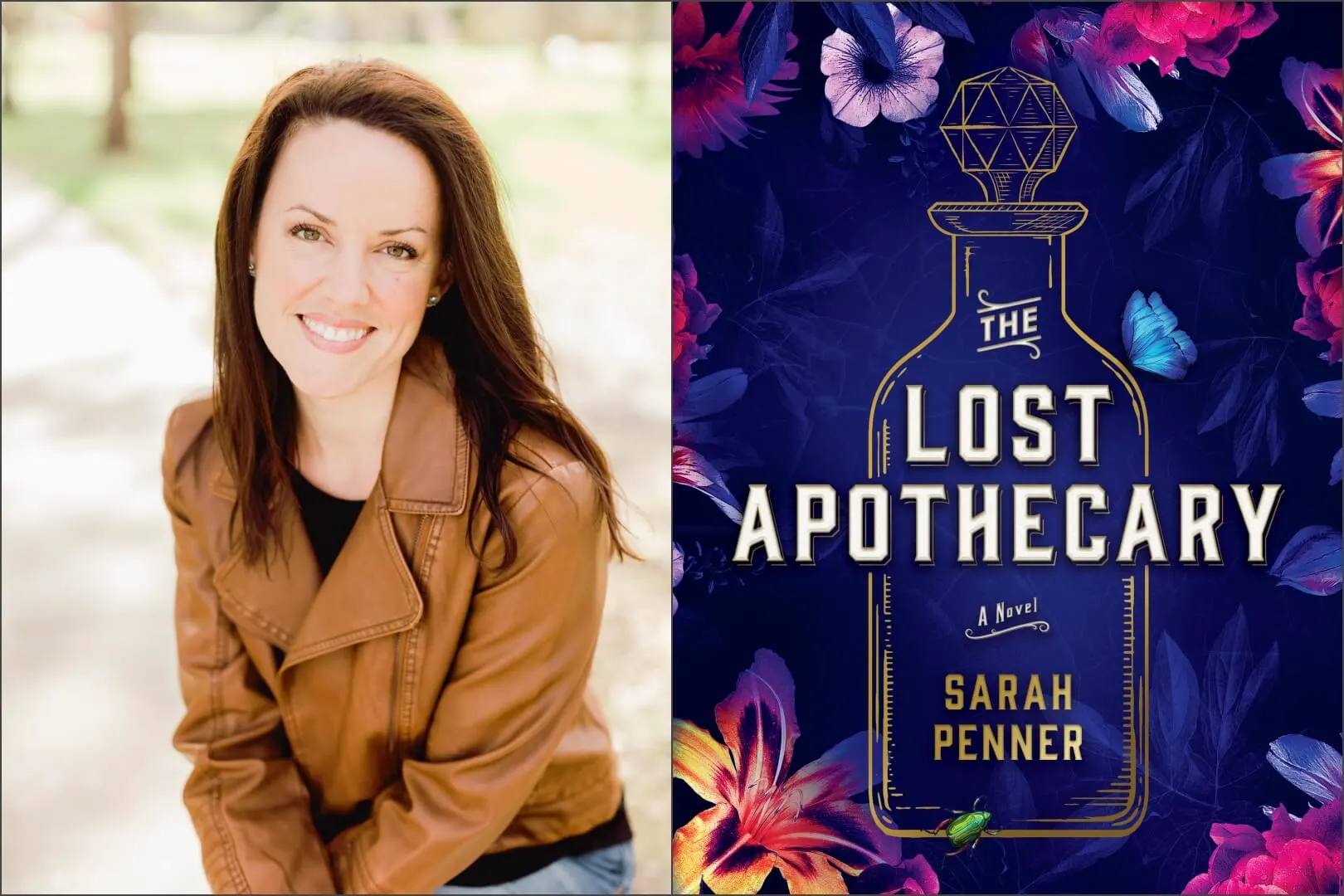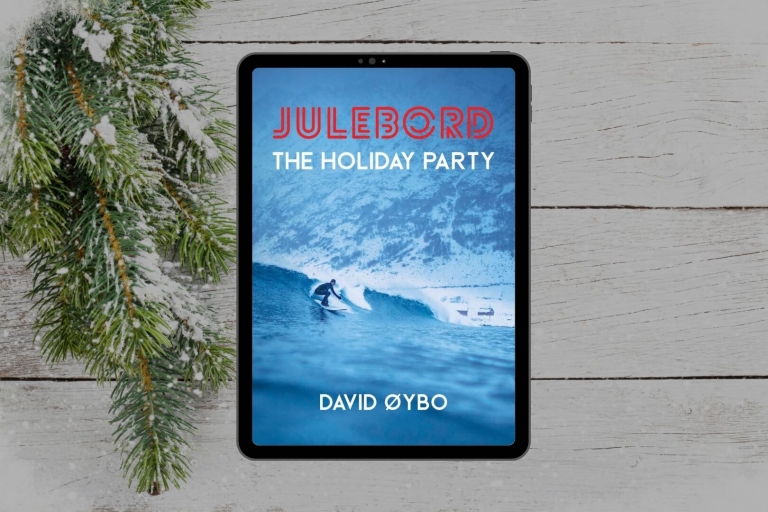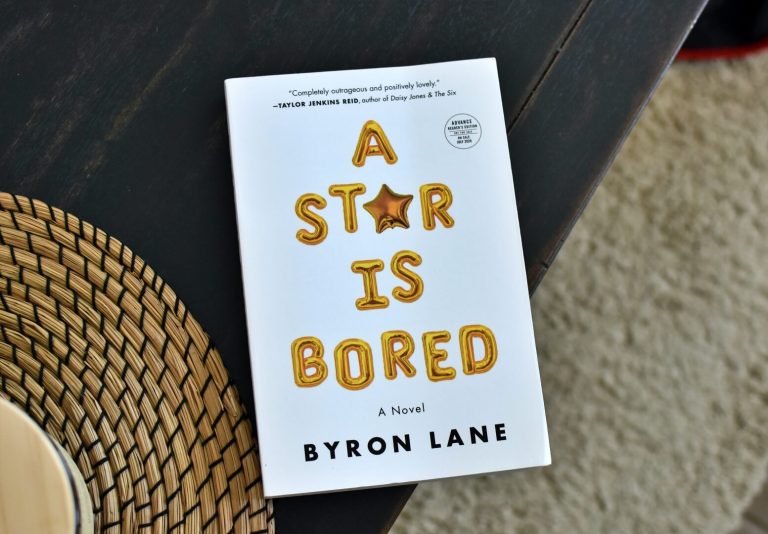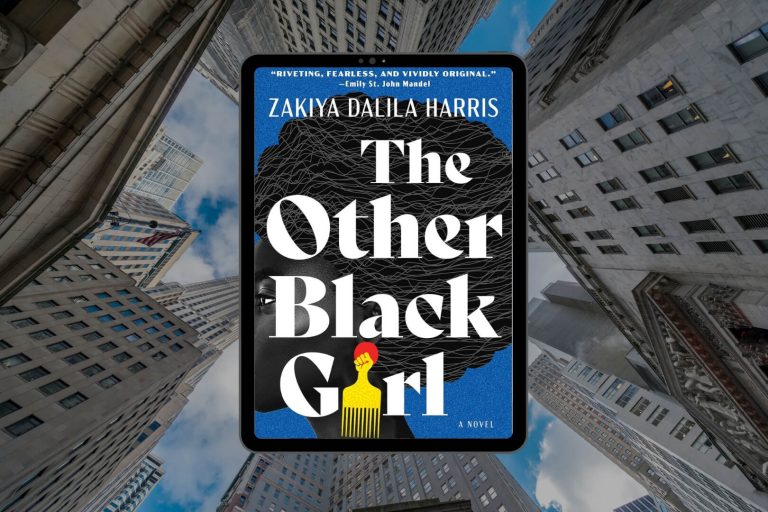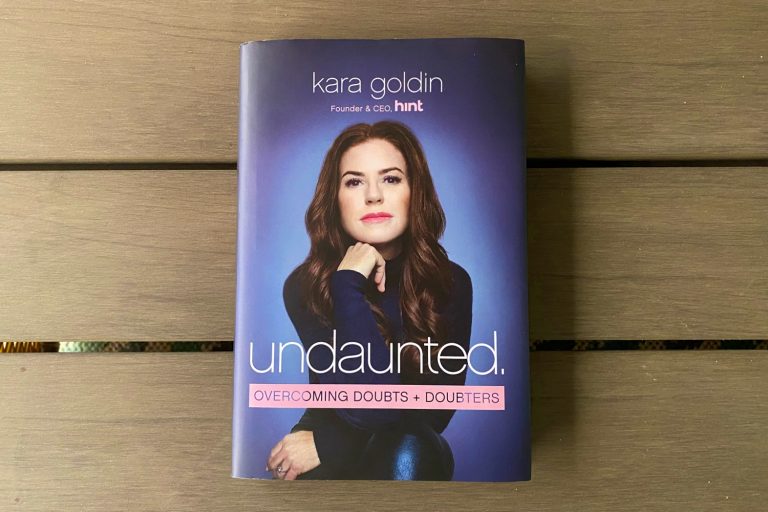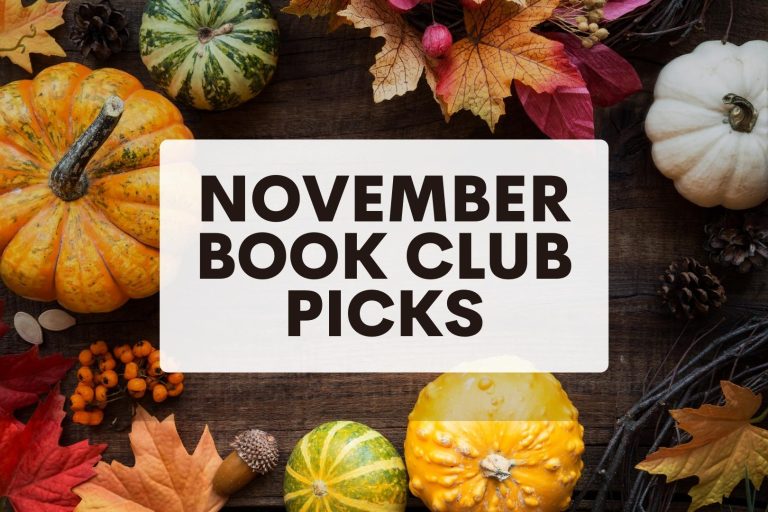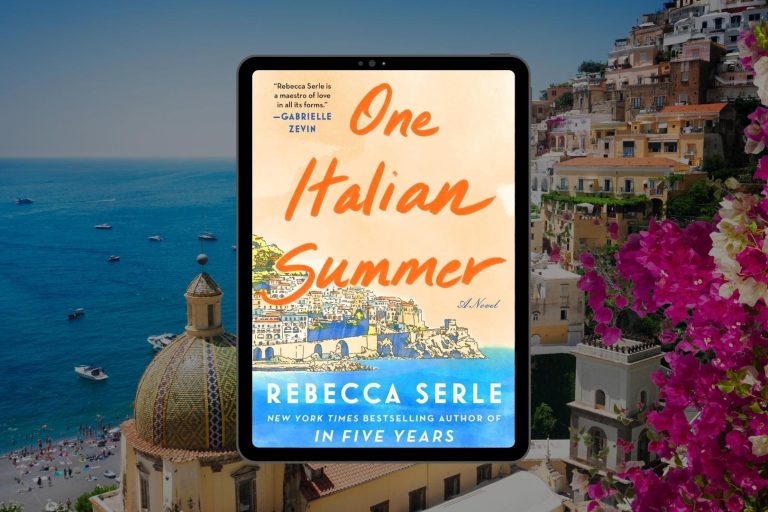This post contains links to products that I may receive compensation from at no additional cost to you. View my Affiliate Disclosure page here.
Sarah Penner is the debut author of The Lost Apothecary, which will publish on March 2.
Sarah works full-time in finance and is a member of the Historical Novel Society and the Women’s Fiction Writers Association. She and her husband live in St. Petersburg, Florida, with their miniature dachshund, Zoe.
Here’s the synopsis for The Lost Apothecary:
Hidden in the depths of eighteenth-century London, a secret apothecary shop caters to an unusual kind of clientele. Women across the city whisper of a mysterious figure named Nella who sells well-disguised poisons to use against the oppressive men in their lives. But the apothecary’s fate is jeopardized when her newest patron, a precocious twelve-year-old, makes a fatal mistake, sparking a string of consequences that echo through the centuries.
Meanwhile in present-day London, aspiring historian Caroline Parcewell spends her tenth wedding anniversary alone, running from her own demons. When she stumbles upon a clue to the unsolved apothecary murders that haunted London two hundred years ago, her life collides with the apothecary’s in a stunning twist of fate—and not everyone will survive.
With crackling suspense, unforgettable characters and searing insight, The Lost Apothecary is a subversive and intoxicating debut novel of secrets, vengeance and the remarkable ways women can save each other despite the barrier of time.
Let’s get to know Sarah as she talks favorite novels, writing inspirations, balancing different genres and much more!
What are some of your favorite novels?
The Historian by Elizabeth Kostova is one of my all-time favorites. It begins with a woman in her father’s library who finds an ancient book and a batch of old letters, and eventually the protagonist goes on a journey to seek the real-life Dracula. There are so many elements to love in this novel: Gothic, historical, adventure, thriller.
I’m partial to historical novels. Some other favorites include Follett’s World Without End, Faber’s The Crimson Petal and the White, and anything by Philippa Gregory. Other assorted favorites on my bookshelf include Levin’s Rosemary’s Baby, Suskin’s Perfume, and Collins’ The Moonstone.
My weak spot, though, is narrative non-fiction, and—strangely—I really enjoy seafaring stories or stories about ocean liners. A couple of favorites include Larson’s Dead Wake and Philbrick’s In the Heart of the Sea.
When did you know you wanted to become an author?
I distinctly remember perusing the “how to write” section at Border’s bookstore when I was in middle school, but every time I got started on an idea, I lost steam. I dabbled in a bit of poetry in high school (mostly while grieving that week’s break-up with a boy) and then had a few false starts on novel ideas in my 20s.
In my early 30s, I attended a lecture by Elizabeth Gilbert, who was on tour for Big Magic. She asked the audience—rhetorically—to think on the dreams we hadn’t yet pursued. Then she reminded us that if we didn’t take active steps now to pursue those dreams, we’d be in the same place in a year, having made no progress. It was a wake-up call. I started writing a new book the next week.
What inspired you to write The Lost Apothecary?
I first learned about mudlarking years ago, while reading London in Fragments: A Mudlark’s Treasures by Ted Sandling. In the book, he shares striking images of interesting things he’s found near the River Thames in London. It is here that I first spotted a fragment of a mid-seventeenth century delftware apothecary jar, and the inspiration for The Lost Apothecary was born. I knew instantly the story would begin with a woman in present day who finds an apothecary vial while mudlarking.
I didn’t actually have the chance to go mudlarking myself until the summer of 2019, after I was already agented and we were working on revisions to the manuscript. Over the course of several days, I went down to the river three separate times, finding an assortment of pottery, clay pipes, metal pins, even animal bones.
I clung to the idea of an apothecary from the get-go. The word apothecary is evocative, drawing forth visions of a candlelit storefront with sash windows, its walls lined with mortar bowls and pestles, and countless glass bottles. There is something beguiling, even enchanting, about what might lie within those bottles: potions that bewitch us, cure us, kill us. When describing the apothecary’s hidden shop, I did my best to capture this allure.
Can you talk about writing the dual historical/contemporary timeline – how do you find the right balance between both genres?
It really came down to information reveal. The Lost Apothecary is, at its heart, a mystery about women. The present-day character, Caroline, is trying to figure out what really happened to this enigmatic, lost apothecary who lived two hundred years ago. As the story progresses, there are some revelations I make via the apothecary’s point of view, and others that are discovered by Caroline, via old documents. When balancing the two timelines, I often asked myself, “which timeline would be best to reveal the next secret/clue?” Then, during the revision process, I worked to balance the two timelines. They claim roughly equal amounts of real estate in the book.
What was your favorite chapter or part to write?
I love writing big secrets, cliffhangers, and twists. The Lost Apothecary is full of them! But I do have one favorite scene, and it takes place midway through the book in the British Library. My present-day character is discussing an old map with one of the librarian employees, and they’re digging into these tiny streets and old landmarks to uncover yet another secret about the apothecary’s place of work. Personally, I love old maps of London, and I know very well the map the two women are studying in the scene (Rocque’s Map of Georgian London, 1746.)
What are you currently reading and what’s on your TBR (to be read) list?
I’ve been fortunate to get my hands on several ARCs (Advance Reader Copies) this year. Two of my favorites, both debuts launching in 2021, include The Kindest Lie by Nancy Johnson and Waiting for the Night Song by Julie Carrick-Dalton.
I recently finished Hamnet by Maggie O’Farrell, which is now one of my all-time favorite books. Currently, I’m reading Mexican Gothic by Silvia Moreno-Garcia and next, I will move on to The Guest List by Lucy Foley and then The Thursday Murder Club by Richard Osman.
Click here to order The Lost Apothecary on Amazon.
